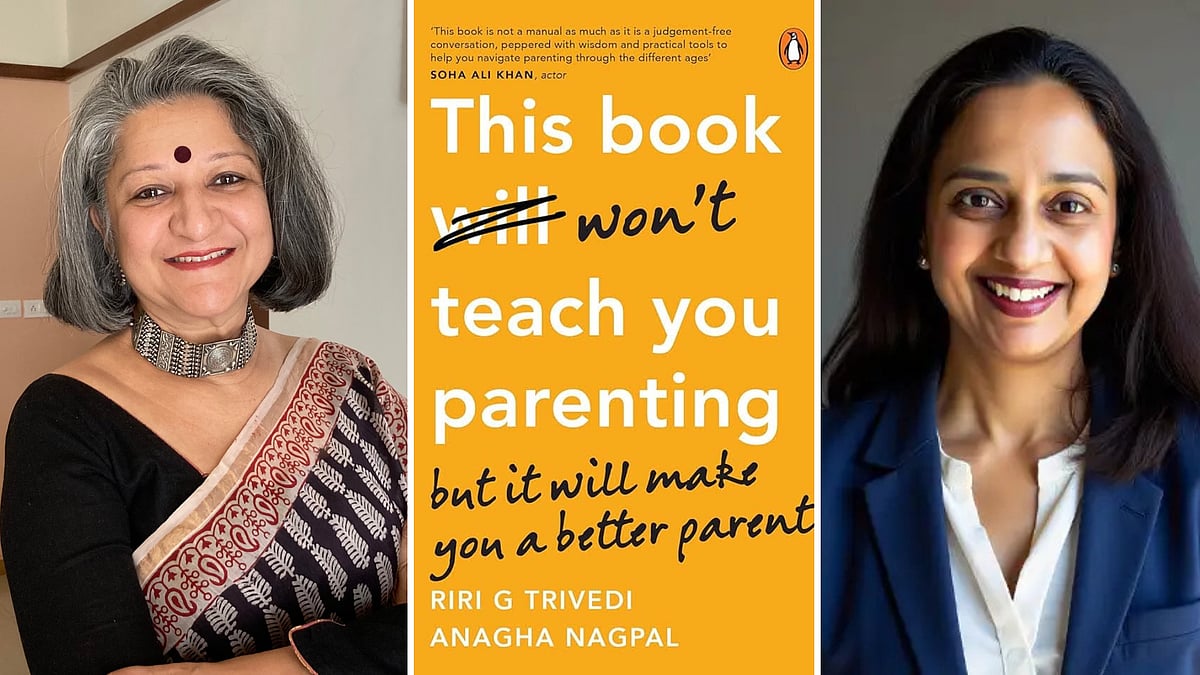The individual’s relationship with Nature is a theme that has come up in Amitav Ghosh’s work several times over the years. From The Hungry Tide, where the ecosystem of the Sundarbans is as much a character in the novel as Kanai or Piya, to more recently, his climate-focused books (as I like to call them): The Great Derangement, Gun Island, and of course, his most recent, The Nutmeg’s Curse: Parables for a Planet in Crisis. As someone who writes about how little climate change issues come up in works of fiction (in The Great Derangement), Ghosh seems to be trying to compensate for this lack with everything he writes.
A trained anthropologist, Ghosh has always ensured his research for his books is detailed and on-point. In this book, too, his attention to detail is exemplary. Through this research, he tells the story of the origin of the climate change crisis in the world and how we can prepare ourselves to combat it. Ghosh is someone who has been studying climate change and its effects closely over the last few years: his Twitter profile is proof. From detailed studying of theses and documents to interactions with climate scientists and experts, Ghosh has been keeping abreast of the latest developments from this world and has been exceedingly vocal about the impending disaster we face as a civilisation. This book expands on these very ideas that he regularly mentions on social media: through stories, personal anecdotes, historical events, and current data, he builds his narrative.

The book begins with, very simply, the nutmeg. A spice that initially was found in the Banda Islands of Indonesia, nutmeg travelled far and wide at the hands of the colonial merchants and is now ubiquitous in kitchens across the world. The first chapter about the Banda Islands and the Dutch East India Company’s involvement is when Ghosh is at his best. No one uses facts and historical research to weave a story as well as he does. You can feel the fear of the inhabitants of the island as an unjust war is waged on them; you can hear the sound of the breaking of the lamp; Ghosh is never better than when he is recreating worlds from his history books.
He uses this as his hook to comment on colonialism and the geopolitical order, capitalism, and how they have directly created the climate crisis we are experiencing. It is not just in Asia — the impact of European colonialism on the lives and lands of the Native people in the Americas was immense. It was not just colonial expansion but biological warfare and, indeed, a genocide that took place. (“So many Amerindians perished in the sixteenth and seventeenth centuries — estimates vary between 70 and 95 per cent of the population of the two continents — that vast tracts of land that had once been used to grow food reverted to forest.”) He manages to evoke interest and sympathy even when he is at his most factual. He further talks about how human beings have moved the biological warfare from other humans to Nature now.
Towards the latter part of the book, he brings up the importance of telling and listening to stories to save the planet — something he does on every page of the book. He says it is vital to listen to people closest to the forest (native tribes or Adivasis, for example) and to Nature itself. Stories of Nature need to be propagated to build empathy and interest.
Similar to climate change, another recurring theme in Ghosh’s work is movement and migration. In his recent works, both Gun Island and The Nutmeg’s Curse, he talks in detail about the concept of climate migration and whether we as a society and the migrants themselves are willing to accept this reality. Migration also brings up issues of race, inequality, discrimination and the ideas of belonging: Ghosh does a brilliant job of connecting them all to the climate crisis in an attempt to highlight how much a part of our lives climate crisis actually is. It has seeped up insidiously into every aspect of our life, without us realising it.
The information in the book is intercut with Ghosh’s own experiences, whether it is about his travels to the Banda Islands, his response to Covid, or his interactions with Bangladeshi migrants in Italy.
While the book is informative and engaging, It is not fair to say that The Nutmeg’s Curse is an easy read. It challenges you and your ingrained beliefs all the time. Yet, it is written most simply, with the narrative smooth and flowing effortlessly. You are never bored, even when you are shocked at the extent of colonial extermination (for instance) or when you disagree with the writer’s inferences.
Through his accessible writing, Ghosh ensures that his message of awareness reaches as many people as possible. The book might not have new scientific developments to talk about, but the collation of facts is essential for those of us who might not be as aware of the present climate situation. And Ghosh is too good a writer to not succeed at what he sets out to do: that is, shake your complacence. He leaves you bothered, anxious, worried. As we all should be.
Title: The Nutmeg's Curse: Parables for a Planet in Crisis
Author: Amitav Ghosh
Publisher: Penguin Allen Lane
Pages: 350; Price: Rs 599












